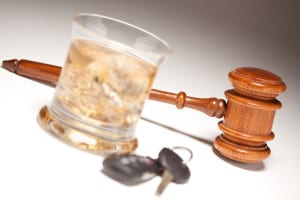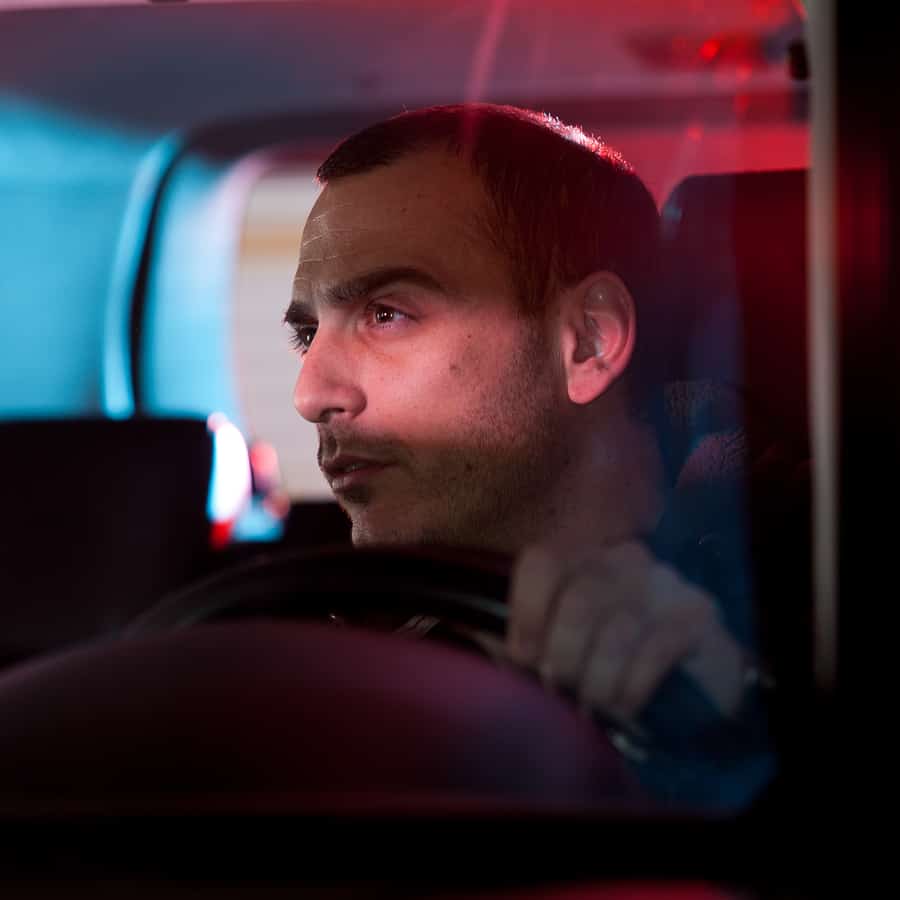 Enacting new laws takes time, especially where there are opposing views that impede the process time and time again. Drunk driving laws are no exception to this and while each state has accepted a national legal blood alcohol concentration (BAC) limit for drunk driving, not all states agree on how to handle drunk drivers after they’re convicted.
Enacting new laws takes time, especially where there are opposing views that impede the process time and time again. Drunk driving laws are no exception to this and while each state has accepted a national legal blood alcohol concentration (BAC) limit for drunk driving, not all states agree on how to handle drunk drivers after they’re convicted.
Maryland is one of those states that is looking at restricting all drunk drivers with an ignition interlock requirement. Since ignition interlocks prevent a person from starting and operating a vehicle if they’ve had any alcohol to drink, it seems a natural solution to prevent any further tragedies on Maryland’s roads. However, not everyone agrees that ignition interlock devices are a solution for all offenders, especially the people who may have just had a one-time lapse in judgment before getting behind the wheel while intoxicated.
Agencies like the National Highway Transportation Safety Administration (NHTSA) and organizations like Mothers Against Drunk Driving (MADD) support ignition interlock devices for all offenders in all states. There is also plenty of public support for the programs, and the rate of success in reducing or eliminating further drunk driving incidents is high. The final steps in this should be simple enough, and there are other states that have examples that can be followed to overcome the various obstacles with the new law.
The positive impact of an ignition interlock requirement is that it helps save lives and keeps drunk drivers from repeating the same mistake that got them the device in the first place. With more states adopting all-offender ignition interlock requirements for drunk driving offenders, the safety of our roads is improving and we can all enjoy the peace of mind that comes from knowing we are all safe and sober behind the wheel.

 What if You’re Too Drunk for a Breathalyzer in Wisconsin?
What if You’re Too Drunk for a Breathalyzer in Wisconsin?
Leave a Reply
You must be logged in to post a comment.